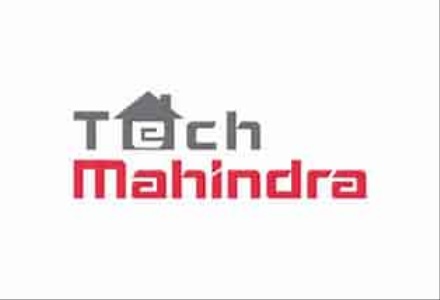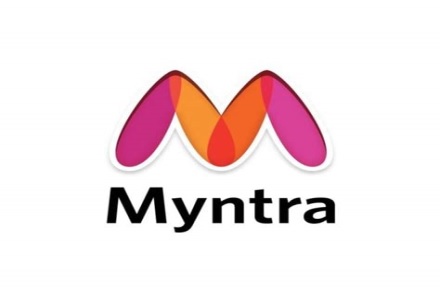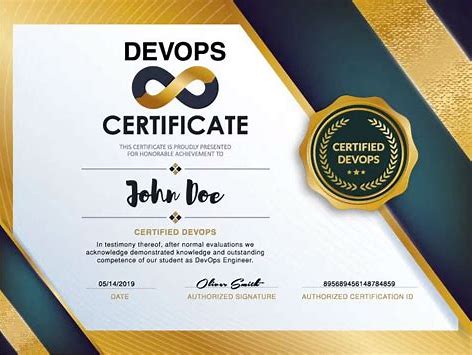SAP FICO
SAP FICO Certification Training
The goal of the SAP FICO (Financial Accounting and Controlling) certification program is to prepare candidates for certification as SAP professionals in the accounting and finance domains. SAP is a popular enterprise resource planning (ERP) tool that assists businesses in efficiently managing their financial data and procedures. Obtaining a SAP FICO certification can improve your chances of landing a job in accounting or finance since it proves that you know how to use SAP’s financial modules.
To pursue SAP FICO certification training, follow these essential steps:
Required conditions: A foundational understanding of accounting and finance is required before attempting to obtain SAP FICO certification. It can also be beneficial to be familiar with SAP software and its user interface.
Choose Your Certification Level: SAP provides multiple FICO certification levels
Why enroll for SAP FICO Certification training course?
A SAP FICO (Financial Accounting and Controlling) certification training course is a wise investment in your career because it can provide a number of noteworthy advantages. The following are strong arguments in favor of signing up for such a course:
Industry Recognition: SAP is one of the top producers of enterprise software worldwide, and SAP certification is well-regarded and acknowledged on a global scale. Having successfully completed a SAP FICO certification course, you can demonstrate to businesses using SAP software your proficiency with the financial modules of SAP, which makes you a valuable asset.
Career Advancement: Becoming certified in SAP FICO can boost your earning potential and lead to new career opportunities. Candidates with SAP certification are frequently preferred or required by employers for finance and accounting positions, which frequently involve higher pay and more responsibility.
SAP FICO Training Course Benfits
Comprehensive understanding of financial accounting and controlling procedures within the SAP ERP system is provided by SAP FICO training. You’ll acquire in-depth knowledge of how to handle financial data, evaluate financial performance, and come to wise decisions using SAP software.
More Employment Opportunities: Due to the widespread use of SAP FICO across industries, companies are always looking for experts in this field. Many job opportunities in finance and accounting can become available upon completion of a training course and certification.
Career Advancement: SAP FICO training can be a route to career advancement for individuals who are currently employed in the finance or accounting fields. Professionals with certifications in SAP are frequently eligible for promotions, which come with more responsibility and higher pay.
Global Recognition: SAP is a leader in the world known for
SAP FICO skills Covered
- General SAP Navigation: Understanding how to navigate and use the SAP user interface is essential for any SAP professional.
- Financial Accounting (FI):
- Accounts Payable (AP): Managing vendor accounts, invoices, and payments.
- Accounts Receivable (AR): Managing customer accounts, invoices, and collections.
- General Ledger (GL): Recording and managing financial transactions, creating financial statements, and controlling accounts.
- Asset Accounting (AA): Managing fixed assets, depreciation calculations, and asset reports.
- Bank Accounting: Handling bank transactions, bank statement reconciliation, and cash management.
- Financial Statement Version (FSV): Configuring and customizing financial statements.
- Controlling (CO):
- Cost Element Accounting: Tracking and analyzing costs associated with various elements in the organization.
- Cost Center Accounting: Managing cost centers, controlling costs, and analyzing cost center performance.
- Internal Orders: Handling internal projects or orders and tracking their costs.
- Profit Center Accounting: Managing profit centers and analyzing their profitability.
- Product Costing: Calculating the cost of products or services, including standard costing and actual costing.
- Profitability Analysis (CO-PA): Analyzing the profitability of products, customers, and market segments.
- Integration with Other SAP Modules:
- Materials Management (MM): Understanding the integration of procurement and materials management with financial processes.
- Sales and Distribution (SD): Understanding how sales and distribution activities impact financial accounting.
- Production Planning (PP): Understanding how production processes influence cost and financial data.
- SAP Configuration: Learning how to configure SAP FICO modules to meet specific organizational requirements, including setting up chart of accounts, document types, posting keys, and customizing financial reports.
- Financial Reporting and Analysis: Generating financial reports, including balance sheets, income statements, cash flow statements, and custom reports using SAP’s reporting tools.
- Taxation: Handling tax-related processes and requirements, including tax codes, withholding tax, and tax reporting.
- Data Migration and Management: Understanding data migration processes and data management best practices within SAP FICO.
- Compliance and Regulatory Requirements: Ensuring that financial transactions and reporting comply with relevant accounting standards and regulatory requirements.
- User Management: Managing user roles and permissions within SAP to ensure data security and access control.
- SAP Fiori: Familiarity with SAP Fiori, a modern user interface for SAP applications, for improved user experience and mobility.
- SAP S/4HANA: Depending on the version of SAP being used, training may also cover SAP S/4HANA-specific features and functionalities for financial accounting and controlling.
- Business Process Integration: Understanding how financial processes are integrated with other business processes in SAP.
- SAP Best Practices: Learning about industry-specific best practices for financial management and accounting.
SAP FICO training typically involves a combination of theoretical knowledge, hands-on exercises, and practical case studies to ensure that learners are proficient in using SAP FICO modules effectively. The specific skills covered may vary depending on the level of certification and the training program chosen.
Our Learners Works At
Top companies from all around the world have recruited upGrad alumini






Why LearnNow for SAP FICO Certification Training in India
- High Demand for SAP Professionals: India has a robust IT industry with numerous companies, including multinational corporations, implementing SAP ERP systems. As a result, there is a significant demand for skilled SAP professionals, including those with expertise in SAP FICO.
- Career Opportunities: Earning a SAP FICO certification in India can open doors to a wide range of career opportunities in finance and accounting roles. India’s growing economy and business landscape provide ample job prospects for SAP FICO professionals.
- Competitive Advantage: In India’s competitive job market, having a SAP FICO certification can give you a competitive edge. It showcases your specialization in a niche area of finance and accounting, making you a sought-after candidate for employers.
- Global Recognition: SAP FICO certification earned in India is recognized globally. This means that Indian professionals with SAP FICO expertise can pursue international career opportunities with confidence.
Course Curriculum
- Overview of SAP and its importance in enterprise resource planning.
- Introduction to SAP FICO and its role in financial management.
- Master Data in FI (Chart of Accounts, Company Code, G/L Accounts, etc.).
- Document Posting and Document Control.
- Accounts Payable (AP) and Accounts Receivable (AR) processes.
- Asset Accounting (AA): Asset master data, depreciation, asset acquisitions, disposals, and transfers.
- General Ledger (GL) accounting and reconciliation.
- Bank Accounting and Cash Management.
- Tax Configuration and Reporting.
- Financial Statements and Reporting (Balance Sheet, Income Statement, Cash Flow Statement).
- Cost Element Accounting.
- Cost Center Accounting.
- Internal Orders.
- Profit Center Accounting.
- Product Costing (Cost Object Controlling).
- Profitability Analysis (CO-PA).
- Reporting in Controlling.
- Integration of SAP FICO with Materials Management (MM), Sales and Distribution (SD), and Production Planning (PP) modules.
- Understanding how financial processes are linked to other business processes.
- Configuring financial accounting and controlling settings to meet specific organizational needs.
- Creating and customizing document types, posting keys, and account determination.
- Setting up tax codes, tax procedures, and tax jurisdictions.
- Defining cost centers, profit centers, and other organizational elements.
- Data migration strategies and best practices.
- Data management and archiving in SAP FICO.
- Generating financial reports and statements using SAP reporting tools.
- Creating custom reports and queries.
- Ensuring compliance with accounting standards and regulatory requirements.
- Overview of SAP S/4HANA features and how they impact financial accounting and controlling.